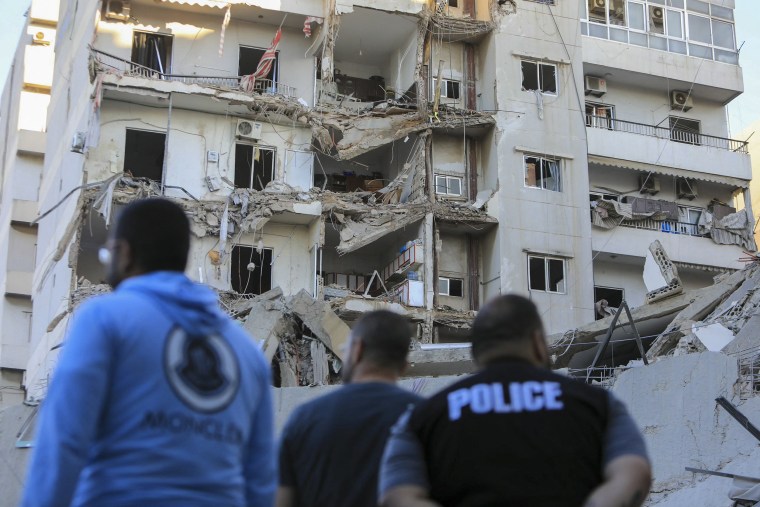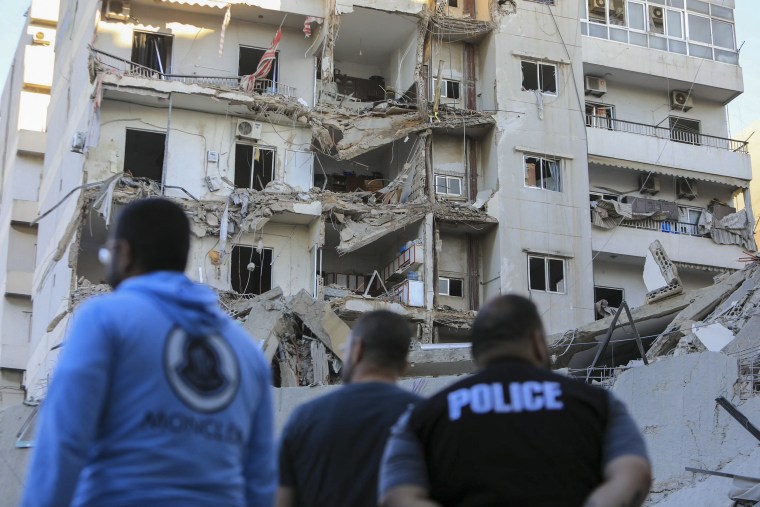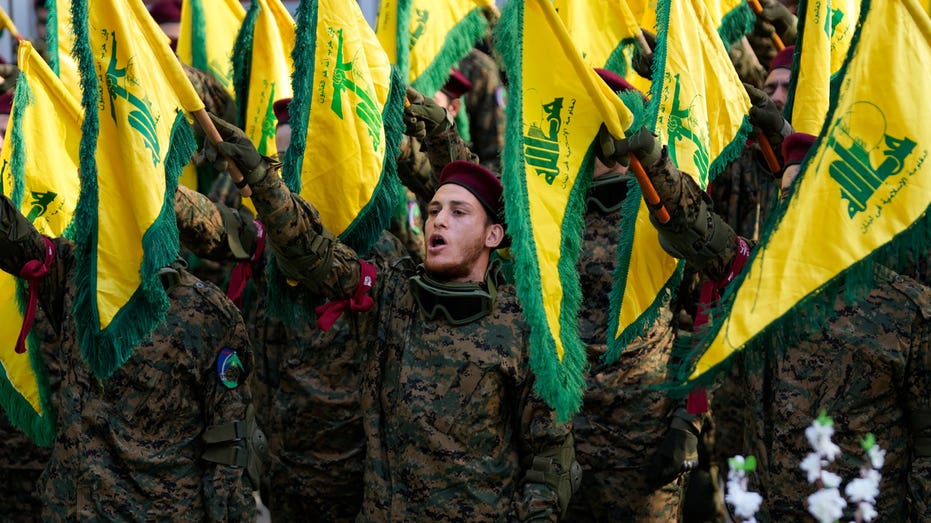
Growing Concerns Over Lebanese Army-Hezbollah Links Prompt Calls to End U.S. Aid
By [Your Name]
Jerusalem – Allegations surrounding a covert partnership between the Lebanese Armed Forces (LAF) and the Hezbollah terrorist organization are driving increased calls for the United States to reconsider its military aid to Lebanon’s army.
Experts Sound the Alarm
Edy Cohen, a prominent Israeli scholar of Lebanese origin and an expert on Hezbollah, asserts that the notion of separation between Hezbollah and the Lebanese army is fundamentally flawed. In a conversation with Fox News Digital, Cohen stated, “Hezbollah and the Lebanese army are the same. Trump must not fund the Lebanese,” referencing the past administration’s military assistance. Cohen, affiliated with the Eitan Center, further claimed that the LAF has provided Hezbollah with vital intelligence regarding Israeli military operations.
Allegations of Intelligence Sharing
Recent reports by the *Times* newspaper in London claim that a senior LAF official, Suhil Bahij Gharb, leaked classified documents sourced from the U.S. and UN to Hezbollah. These documents were allegedly obtained from a military facility operating in partnership with the U.S., France, and the United Nations Interim Force in Lebanon (UNIFIL), raising serious implications about the involvement and loyalty of the Lebanese army.
Political Dynamics and Ceasefire Negotiations
A senior official from the Trump administration expressed concern over Hezbollah’s growing power in Lebanon since the 2006 conflict with Israel. This official stated, “Nothing really has been honored by Hezbollah since 2006. Lebanon has an opportunity now that Israel has significantly weakened Hezbollah’s leadership.” This statement comes at a pivotal moment as Joseph Aoun, the commander of the LAF, has been elected as Lebanon’s new president earlier this year.
Simultaneously, the U.S. has agreed to extend a ceasefire with Hezbollah—a request made by Israel—until February 18. A joint statement from the U.S., Israel, and Lebanon laid the groundwork for negotiations regarding Lebanese prisoners taken by Israel amid recent clashes. However, despite these efforts, Hezbollah seems committed to escalating tensions.
Escalating Tensions and Opposition to Ceasefire
Israeli analysts warn that Hezbollah’s activities threaten to upend the fragile ceasefire. Lebanese health officials recently reported violent confrontations, noting Israeli forces killed two and injured 17 others. Amidst this turmoil, Hezbollah’s leader, Naim Kassem, vehemently opposed the ceasefire extension, accusing Israel of failing to withdraw and placing responsibility on the United Nations, the U.S., and France.
Compounding these tensions, pro-Hezbollah protests erupted in southern Lebanese villages, resulting in significant casualties. Hezbollah has been accused of using these communities as launching pads for attacks against Israel, particularly in conjunction with Hamas, a group recently implicated in a deadly assault on southern Israel.
Israeli Government’s Response
When approached for comments on Hezbollah’s influence within the LAF, a spokesperson for the Israel Defense Forces (IDF) refrained from making any specific statements. However, Israeli Prime Minister Benjamin Netanyahu underscored that Israel’s withdrawal from Lebanon would continue “in full coordination with the United States,” in light of the incomplete ceasefire arrangements.
Hezbollah’s Political and Military Dominance
Dr. Walid Phares, a noted expert on Hezbollah and Lebanese politics, further analyzed Hezbollah’s enduring grip on Lebanon’s political and armed forces. “Hezbollah’s dominance has faced significant resistance, especially since their aggressive actions in 2008 against the pro-democracy ‘Cedar Revolution’ government following Syria’s withdrawal in 2005,” he remarked.
This growing crisis has ignited a division among U.S. lawmakers regarding the future of military support for the LAF. Phares recommends a potential compromise: redirecting U.S. assistance exclusively towards specialized units within the Lebanese military focused on disarming Hezbollah. He advocates for these units to be directly accountable to Lebanon’s army chief and the president, receiving funding on a project-by-project basis.
Calls for Increased Action Against Hezbollah
Phares bemoans the absence of decisive measures to weaken Hezbollah’s influence, stating, “When Israel eliminated key Hezbollah leaders, many hoped this would mark the beginning of the group’s disarmament. But the Biden administration’s emphasis on the Iran nuclear deal has deterred it from exerting pressure on Hezbollah and its affiliates.” Critics argue that prioritizing the revival of the Iran nuclear deal—dismissed during the Trump administration—has inadvertently provided a safety net for Iranian-backed factions like Hezbollah.
Regional Perspectives on Hezbollah’s Resurgence
Lt. Col. (Res.) Sarit Zehavi, president of the Israel-based Alma Research and Education Center, expressed serious reservations about Hezbollah’s resurgence in southern Lebanon, criticizing the LAF for insufficient action against Hezbollah’s stronghold in the region. “Hezbollah is returning to southern Lebanon despite the agreements following the Second Lebanon War in 2006,” she stated.
Zehavi cautioned that Hezbollah employs civilian populations as human shields, using them to frame the IDF as the aggressors in international discourse. “We should not fall for Hezbollah’s manipulative messaging,” she urged, underscoring the urgent need for concerted international pressure to mitigate the terror group’s activities.
Conclusion: The Future of U.S. Aid to Lebanon
As concerns mount over the LAF’s alignment with Hezbollah, the U.S. administration faces mounting pressure to reassess its aid strategy. The potential for increased violence and the continuation of the military’s entanglement with a recognized terrorist organization may necessitate a profound reevaluation of diplomatic and military support to Lebanon, ensuring that U.S. interests and regional stability remain safeguarded.


















